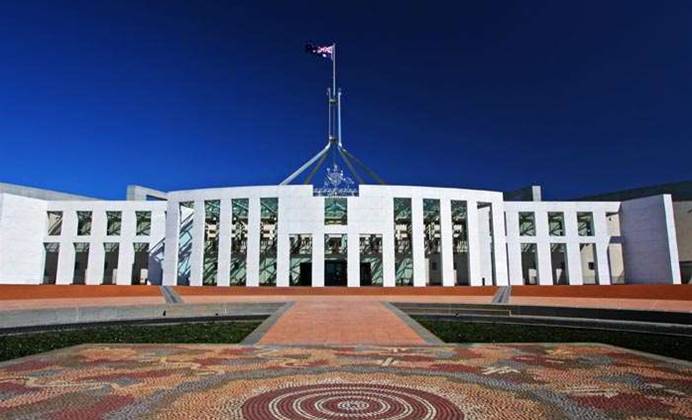The Anti-Counterfeiting Trade Agreement has received another blow to international acceptance, with a parliamentary committee recommending the Australian Government delay its ratification until the end of 2013.

In its final report tabled to Parliament today, the Joint Standing Committee on Treaties recommended the Government conduct an independent and transparent cost/benefit analysis of the agreement.
It also urged the Government hold off on ratifying the treaty until the Australian Law Reform Commission (ALRC) complete its inquiry into copyright reform.
The commission is due to report on copyright at the end of November 2013, meaning the Government would have to wait more than a year to ratify the treaty if it adopts the committee's recommendation.
The joint standing committee argued "it is prudent to await the outcomes of this inquiry as they will better inform the Committee's future deliberations on ACTA's ratification".
"The Committee considers that it would be wise to adopt a conservative approach to ratification of this treaty. If this is the future of copyright and IP regulation," it noted.
"Copyright and IP holders in Australia will not be best served if the treaty is ratified by Australia and a handful of others, but is not compatible with the copyright and IP regimes applicable in major creative centres as the United States and Europe."
The ALRC inquiry's draft terms were notably constrained to consideration of existing international treaties as well as "proposed international obligations", such as ACTA and the covertly drafted Transpacific Partnership Agreement.
The committee also sought several clarifications and assurances from the Federal Government on treaty wording, in the event the treaty was ratified.
It urged the Government to prepare legislation to exclude patents from the treaty's proposed civil enforcement and border measures, and ensure products produced in Australia are not subject to counterfeiting prohibitions in ACTA.
Australian opponents to the treaty have warned of the new powers the treaty would afford intellectual property rights holders, while providing no real economic or social benefit to Australia.
However, the Department of Foreign Affairs and Trade — which leads the Australian delegation to treaty negotiations — sought to downplay the effect the treaty would have on Australia.
The treaty's progress has faced setbacks globally after five European committees all rejected its ratification. The European Union is expected to finally vote on the issue next month.



_(28).jpg&h=140&w=231&c=1&s=0)

_(33).jpg&h=140&w=231&c=1&s=0)





 iTnews Benchmark Awards 2026
iTnews Benchmark Awards 2026
 iTnews Executive Retreat - Security Leaders Edition
iTnews Executive Retreat - Security Leaders Edition
 iTnews Cloud Covered Breakfast Summit
iTnews Cloud Covered Breakfast Summit
 The 2026 iAwards
The 2026 iAwards












_(1).jpg&h=140&w=231&c=1&s=0)



